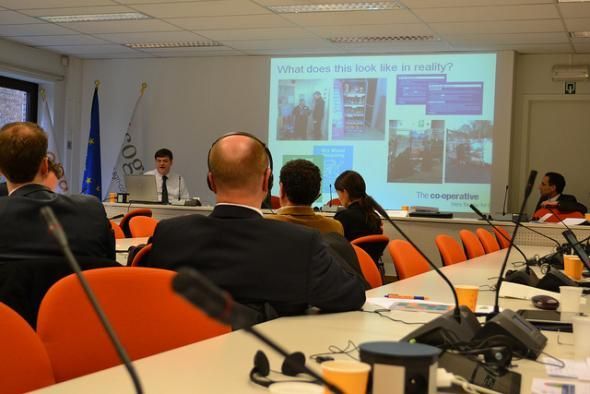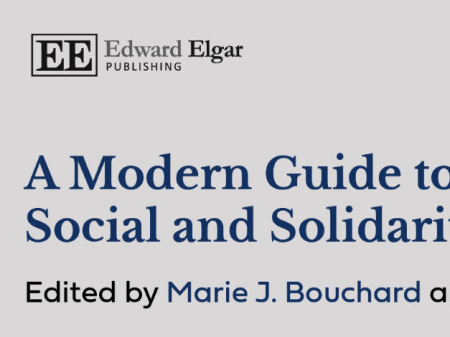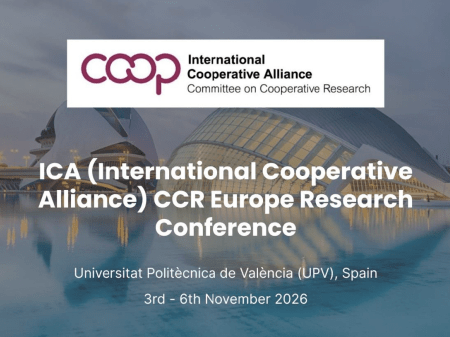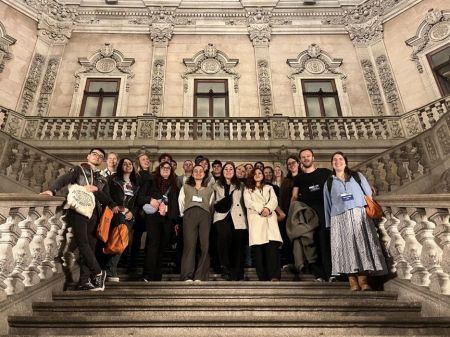We are pleased to share news of a new book relevant to…
European consumer co-operatives lead in food sustainability

Euro Coop, the European Community of Consumer Co-operatives, held a half-day workshop in Brussels which focused on the subject of sustainable food systems and the different ways in which consumer co-operatives and other stakeholders tackle this issue. The event took place on 26 November and marked the official launch of the Euro Coop project “Efforts”, developed jointly with Consumer Cooperatives Worldwide (CCW).
The half-day workshop featured presentations by speakers from a diverse range of backgrounds representing consumer co-operatives, trade associations, NGOs, academia and the EU institutions. From the latter were Pavel Misiga of the European Commission, who gave participants an insight into European Commission’s perspective on sustainable food systems. Salvatore Caronna, member of the European Parliament and rapporteur of the European Parliament resolution on food waste, also presented the Parliament’s angle on tackling food waste along the food chain .The Commission aims to work with retailers to help consumers understand the importance of the expiry date, how to store and prepare food better and help them understand the consequence of over-buying.
Current figures suggest that in 2050, the world’s population will stand at 9 billion. In order to feed all of these people, producer and consumer behavior need to change. With the Earth’s finite natural resources already being stretched, sustainability needs to be at the centre of the debate and food waste in particular needs to be drastically reduced. This is especially true when one considers that, according to a report by United Nations, one-third of food produced globally goes in the bin.
Carmela Favarulo, Director of Education to responsible consumption at ANCC/Coop revealed how in Italy consumer co-operatives have helped to save over five million kilos of waste through the project “Buon Fine”. Duncan Bowdler, Euro Coop President, described how in the UK the Co-operative Group implemented a successful waste backhauling programme, which has allowed it to remove millions of miles from the road network and slash its waste management bill.
In Finland, the S-Group has launched a comprehensive sustainability programme, which includes among others the objective to use a 100 per cent RSPO certified palm oil in its own brand products by 2015.
Félix Martín, Secretary General at the Spanish Federation of Consumer and Users Cooperatives (Hispacoop) presented his organisation’s study on how to prevent food waste at home through consumer education.
European consumer co-operatives also aim to develop a set of recommendations to be submitted to EU decision-makers.




